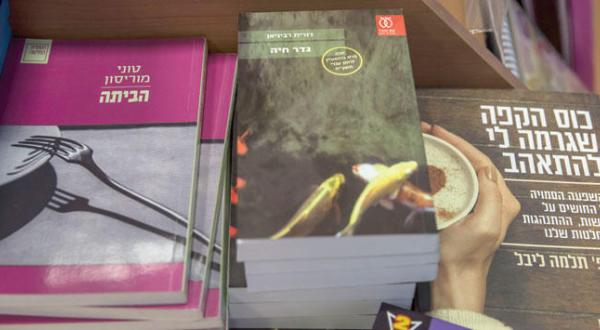The decision by the Israeli minister of education to ban a novel that revolves around a love story between an Israeli woman and a Palestinian man from the Israeli high school curriculum has sparked a fierce debate about how Israeli society deals with its cultural divisions.
Dalia Fenig, an official at the Ministry of Education who leads the committee which is responsible for making the decision, said that at a time when tensions between Israelis and Palestinians are escalating, the inclusion of the book “Borderlife” by Dorit Rabinyan “is more harmful than it is beneficial”. Fenig also told the Yedioth Ahronoth newspaper’s website on Thursday that “marriage to a non-Jewish person is not what we teach students” and that “this is the situation, and anyone can differ to it”.
Reports added that teachers are demanding the inclusion of the book which was published in 2014 in the educational curriculum but that the professional committee decided to exclude it. Fenig added that the book is not prohibited and that she did not rule out the possibility of its inclusion in the recommended reading list for next year. She pointed out that there are other subjects in the curriculum that deal with relationships between Jews and Arabs.
Following a wave of protests organised by high school managers and teachers, it appears the Ministry of Education has partly reversed the decision and said that teachers may recommend the novel to students of advanced literature classes but not as part of the normal curriculum according to the Israeli newspaper Haaretz.
The Israeli Minister of Education and the leader of the Jewish Home party Naftali Bennett clarified that he did not participate in making the decision but that he strongly supports it. In an interview with Israel’s Channel 2 TV on Thursday evening, Bennett pointed out that the book describes Israeli soldiers as war criminals.

